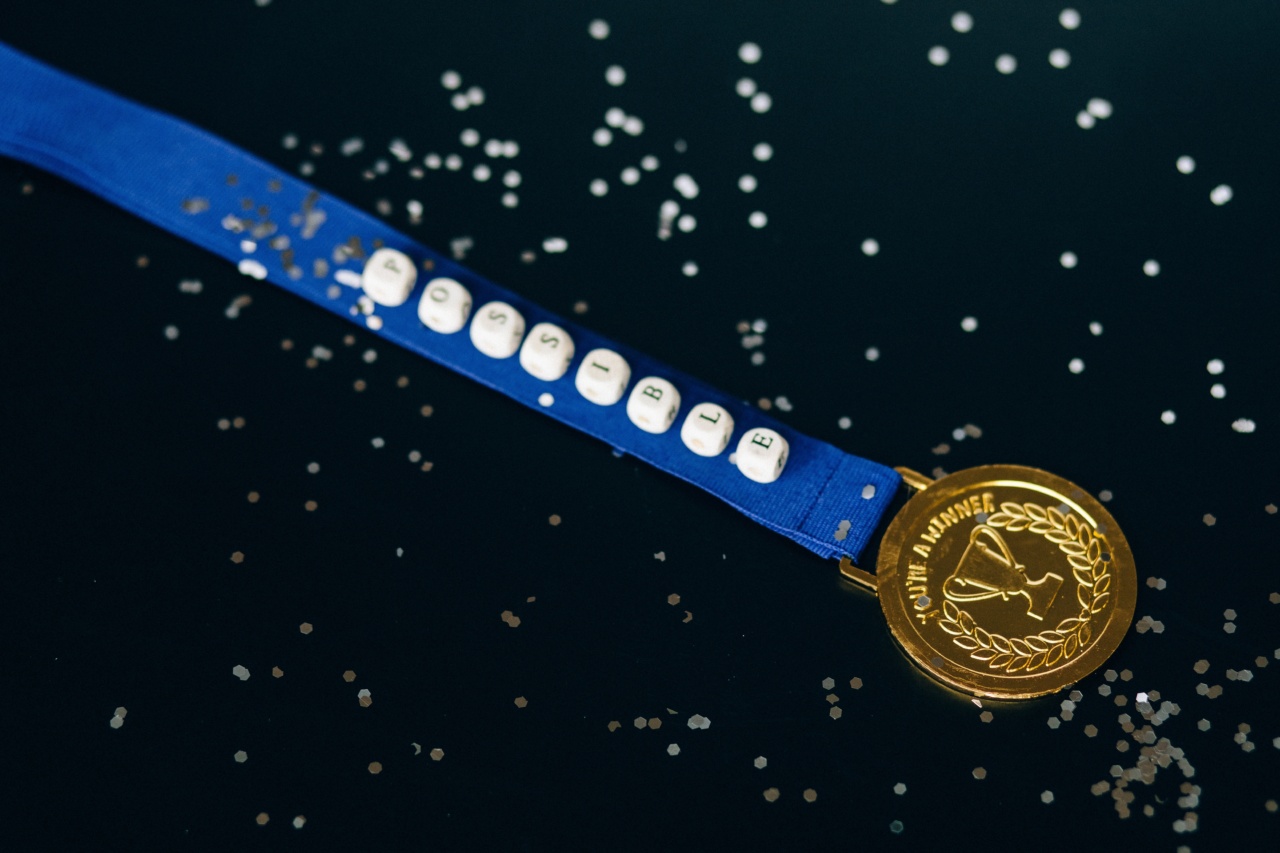Many of us learned in sex education classes that a woman ovulates around the middle of her menstrual cycle. However, this is not always the case. There are several instances when a woman can ovulate during her period.
In this article, we explore the question of whether it is possible to ovulate during your period and what the implications of ovulating during your period are.
What is Ovulation?
Ovulation is the process in which a mature egg is released from the ovary. The egg then travels through the fallopian tube towards the uterus. If the egg is fertilized by a sperm, it will implant in the lining of the uterus and a pregnancy will occur.
If the egg is not fertilized, it will dissolve, and the lining of the uterus will shed, resulting in a period.
When Does Ovulation Usually Occur?
Ovulation usually occurs around the middle of a woman’s menstrual cycle. The average menstrual cycle is 28 days, with ovulation occurring around day 14.
However, not all women have a 28-day cycle, and some women may ovulate earlier or later in their cycle.
Can You Ovulate During Your Period?
It is possible to ovulate during your period, but it is not very common. A woman’s menstrual cycle is controlled by hormones that regulate the growth and release of the egg, as well as the thickening and shedding of the uterine lining.
During menstruation, the uterus is shedding the lining that has built up in preparation for a possible pregnancy. Since the egg has already been released, it is unlikely that ovulation will occur during this time. However, in some cases, ovulation can occur while a woman is still menstruating.
What Causes Ovulation During Your Period?
There are several reasons why a woman may ovulate during her period:.
Short menstrual cycle:
Women with shorter menstrual cycles may experience ovulation during their period. For example, if a woman has a 21-day cycle, she may ovulate around day 7 or 8, which falls within the time of her period.
Long period:
Some women may experience a longer period than others. If a woman has a period that lasts longer than a week, it is possible that she may ovulate towards the end of her period, especially if she has a shorter menstrual cycle.
Irregular menstrual cycle:
Women with irregular menstrual cycles may experience ovulation at any time, including during their period. This can make it difficult to predict when ovulation will occur and make it harder to conceive.
What Are the Implications of Ovulating During Your Period?
If you ovulate during your period, it is possible to become pregnant. Sperm can live for up to 7 days inside the female reproductive tract.
If you have sex towards the end of your period, the sperm can survive long enough to fertilize an egg if it is released during this time. However, the chances of becoming pregnant during your period are lower than at other times of the month.
Can Ovulation During Your Period Cause Irregular Periods?
Ovulating during your period should not cause irregular periods. However, if you have irregular periods, it may be more difficult to determine when you are ovulating.
This can make it harder to predict when your period will come and make it more challenging to conceive.
When Should You See a Doctor?
If you are experiencing irregular periods or difficulty conceiving, you should see a doctor. Your doctor can help you determine if there is an underlying medical condition causing your irregular periods or infertility.
Conclusion
Ovulating during your period is possible but not very common. Several factors can cause ovulation during your period, including a short menstrual cycle, long period, or irregular menstrual cycle.
While it is possible to become pregnant during your period, the chances are lower than at other times of the month. If you are experiencing irregular periods or difficulty conceiving, you should see a doctor to determine the underlying cause.































